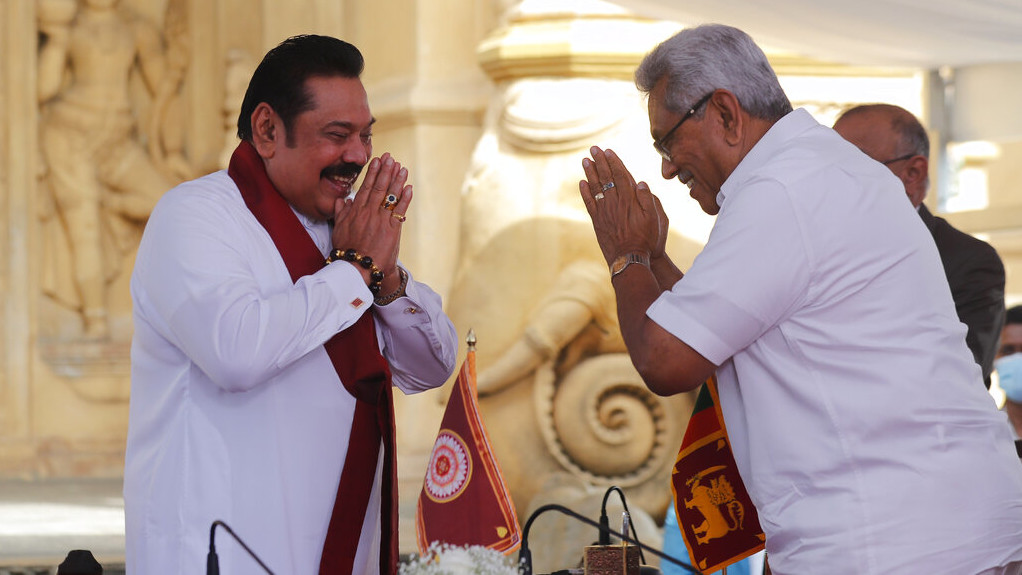Dynastic politics may be anathema to those who run New India. But a dynasty seems to have cemented its place beyond India’s southern borders. The Sri Lanka People’s Freedom Alliance — under the leadership of the two brothers, Mahinda Rajapaksa and Gotabaya Rajapaksa — has been given a decisive mandate by the people in the recent parliamentary elections. Mahinda Rajapaksa, whose Sri Lanka Podujana Peramuna holds a large stake in the SLPFA, has been sworn in as prime minister — his brother helms the presidentship — after the SLPP decimated its opponents to win two-thirds of the allotted seats. Such was the SLPP’s dominance that the United National Party — the former prime minister, Ranil Wickremesinghe, led it — won a solitary seat, while the Samagi Jana Balawegaya, which split from the UNP, fared better than its rival with Sajith Premadasa in command. Even the footprint of the Tamil National Alliance has shrunk demonstrably. The Rajapaksas’ electoral dominance can be explained by two factors. Their pandering to ethno-religious sentiments proved irresistible to a people scarred by the devastating Easter Sunday attacks that were blamed on Islamist forces. The Opposition’s challenge, ironically, was undermined by its own lieutenants. The differences between Mr Wickremesinghe and Mr Premadasa led to a split in the UNP. As prime minister, Mr Wickremesinghe’s squabbles with the then president led to policy paralysis and, allegedly, holes in the security network; this charge seems to have stuck.
But a democratic election need not always serve the cause of democracy. Sri Lanka may be a case in point. The Rajapaksas are expected to pursue their majoritarian agenda, which might enfeeble the interests and rights of minorities. Muslims and Tamils thus have cause for concern. The future of the 19th Amendment — it had reduced the executive powers of the president — now looks bleak. This implies that the centralization of power — a long spell of power by one man — cannot be ruled out: this does not augur well for a democracy. But the brothers are expected to face other, stiff challenges. The economy, battered by the pandemic, will be a cause for concern. The World Bank has estimated a contraction of three per cent of the island’s economy. The burden of foreign debt on Sri Lanka is considerably high. Then, there is the geo-political challenge. Balancing China’s aggressive wooing with an old partnership with India could prove to be tricky business.











